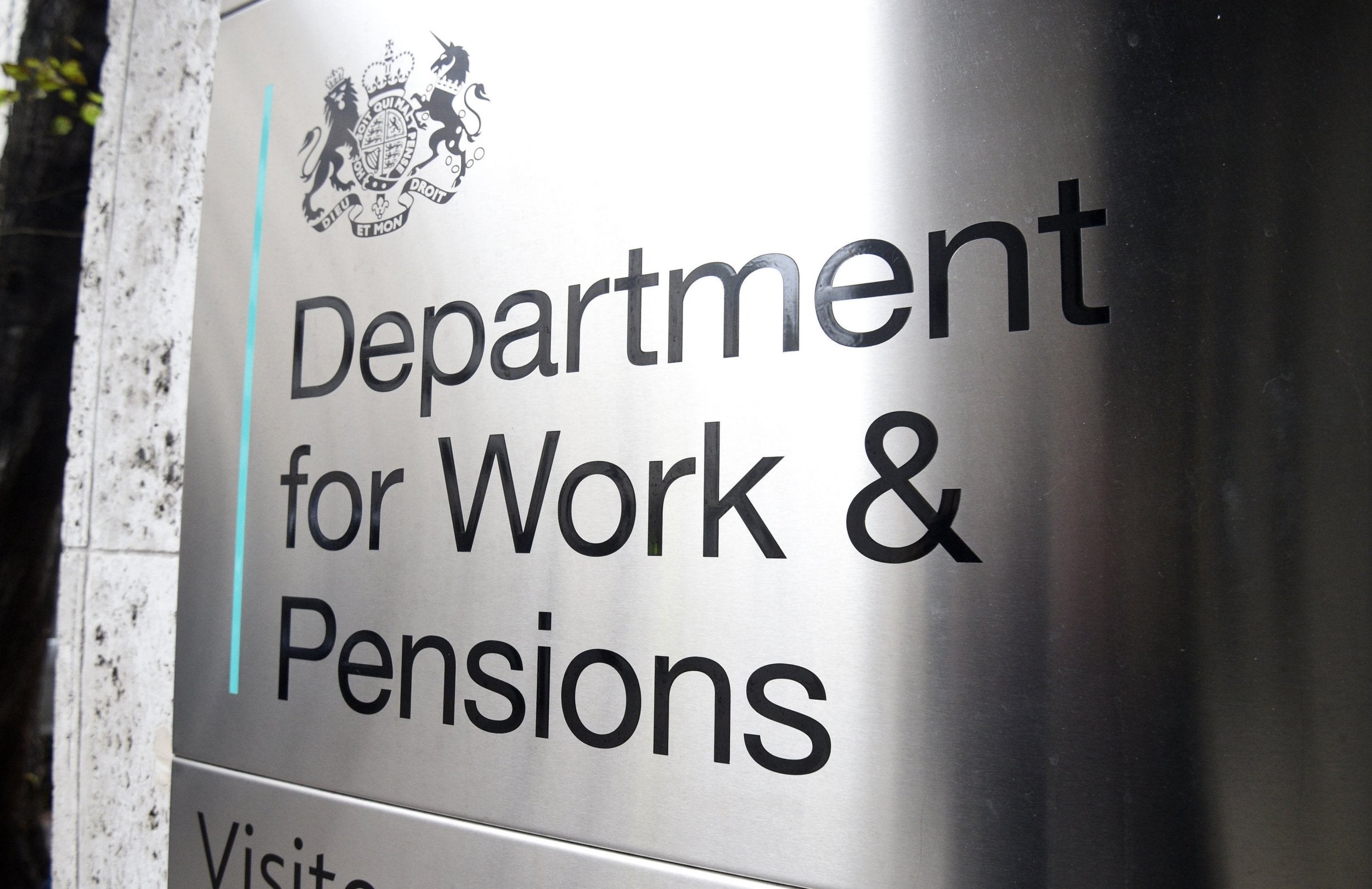Coronavirus: Single mother left worse off by universal credit increase launches legal challenge over 'perverse' benefit rules
Solicitors say change in payments occurred due to benefits cap being 'stringently applied' despite pandemic

Your support helps us to tell the story
From reproductive rights to climate change to Big Tech, The Independent is on the ground when the story is developing. Whether it's investigating the financials of Elon Musk's pro-Trump PAC or producing our latest documentary, 'The A Word', which shines a light on the American women fighting for reproductive rights, we know how important it is to parse out the facts from the messaging.
At such a critical moment in US history, we need reporters on the ground. Your donation allows us to keep sending journalists to speak to both sides of the story.
The Independent is trusted by Americans across the entire political spectrum. And unlike many other quality news outlets, we choose not to lock Americans out of our reporting and analysis with paywalls. We believe quality journalism should be available to everyone, paid for by those who can afford it.
Your support makes all the difference.A single mother of four young children has launched a legal case against the government after the benefits cap meant the universal credit (UC) increase introduced to help families during the coronavirus pandemic left her worse off.
The mother, who has chosen to remain anonymous, was left £123 out of pocket compared to before the crisis after the chancellor increasing UC payments by about £90 a month.
Rishi Sunak announced measures in March to boost the UC allowance with the aim of helping people who were struggling during the Covid-19 outbreak, which has left millions of people unable to work.
However, the mother saw her family’s monthly UC payment fall from £1,397.92 to £1,275 as the increase took her household income past the benefit cap threshold.
She has now written to Therese Coffey, the work and pensions secretary, with a pre-action protocol letter, making her case for judicial review.
The woman’s solicitors, Leigh Day, said the “perverse” change in payments occurred because the benefits cap was still being “stringently applied” during the Covid-19 pandemic and the UC increase had put her combined welfare payments above the £20,000 limit.
They added that she had also been hit by the Department for Work and Pensions’ (DWP) decision not to suspend advance payment deductions - which had risen due to the Covid-19 UC increase.
The combined effect of the benefit cap and the advance payment deduction was that her UC monthly payment had been reduced by £122.96.
The mother said: “The changes to benefits in the pandemic have left me worse off when in fact they were supposed to help me during this difficult time, how can that be right?
“The advance payment deductions are being made because I fell victim to fraud when someone stole my identity and claimed UC in my name last year.
“The loan that was applied for in my name is being treated as an advance payment and I am having to pay it back even though I never requested it and never saw any of the money. Now my children and I are suffering.”
The woman, who lives in a small two-bedroom house with her children aged 11, six, three and one, said she was also facing “extra costs” due to two older children not currently being at school.
Carolin Ott, one of the solicitors who is representing the mother, said the actions of DWP were “absurd”.
“Our client argues this is unlawful as it is irrational and discriminatory,” Ms Ott said.
“The benefit cap is a measure intended to encourage benefit claimants into work but it is absurd for it to deprive individuals of much needed support during a time when it is entirely unrealistic for them to enter into employment.”
Leigh Day has called on Ms Coffey to explain the government’s decision to retain the benefit cap and advance payment deductions.
A spokesperson for DWP said the department was doing “whatever it takes to ensure people are supported” during the pandemic.
“Universal credit adapts to your personal circumstances and the vast majority of claimants are better off on it,” the spokesperson said.
“We estimate that 2.5 million households receiving universal credit will benefit straight away from the increase in the standard allowance.”
They added: “We have also taken steps to help ease the burden of debt repayments including reducing the maximum deduction from 40 per cent to 30 per cent of a claimant’s standard allowance."
Join our commenting forum
Join thought-provoking conversations, follow other Independent readers and see their replies
Comments